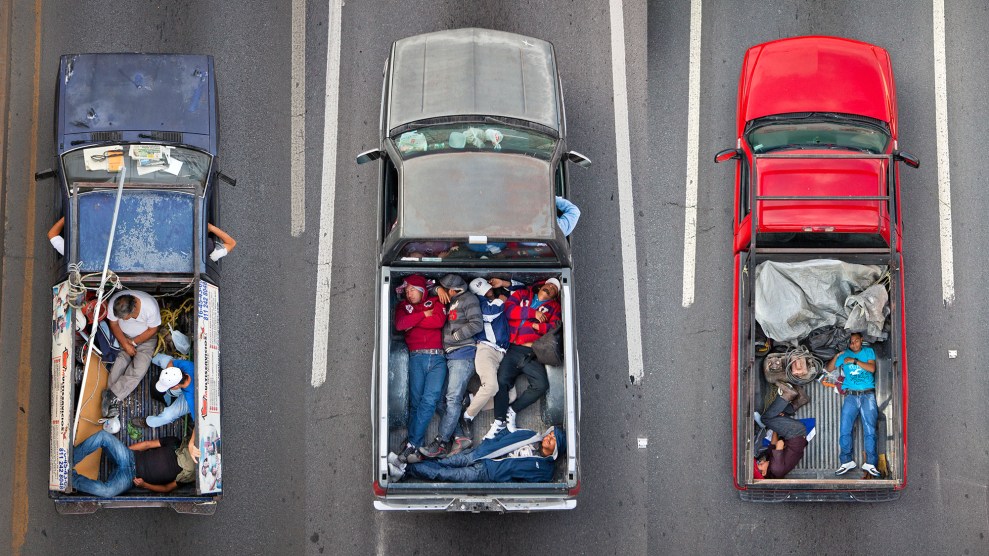
This story first appeared on the Center for Investigative Reporting website.
When Rosalio Reta was 13, the leader of Mexico’s most violent drug cartel recruited him to be an assassin. Miguel Treviño, who was just captured by the Mexican marines, used American teenagers to carry out killings on both sides of the border.
Reta is now serving time in a Texas prison for one of the 30 killings he claims to have committed. He spoke to the Center for Investigative Reporting prior to Treviño’s arrest about the years he spent as a hit man for the leader of the Zetas. The interview is airing now for the first time.
Reta says he feels remorse and shame for the life he led as a killer. “It gets to a point where I can’t even stand myself,” Reta tells CIR. “It’s eating me inside little by little, and there’s nothing I can do or say to justify my actions.”
CREDITS:
Producer: Josiah Hooper
Co-Producer: Bruce Livesey
Editor: Angela Reginato
Senior Supervising Editor: David Ritsher
Associate Producer: Rachel de Leon
Intern: Andrew Nathan Bergman
Production Assistant: Owen Wesson
Voiceover Talent: Daffodil Altan, Marco Villalobos
Senior Producer: Stephen Talbot
Executive Producer: Susanne Reber
Archival images provided by Associated Press, Mexico attorney general’s office website, Mexico Interior Ministry













